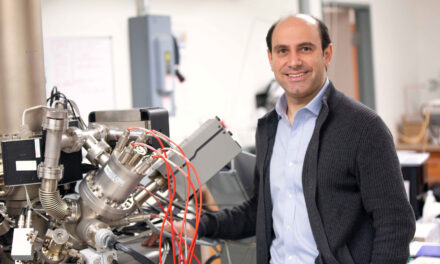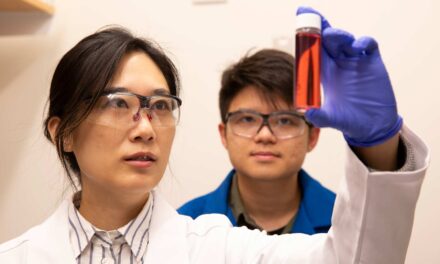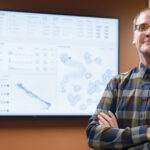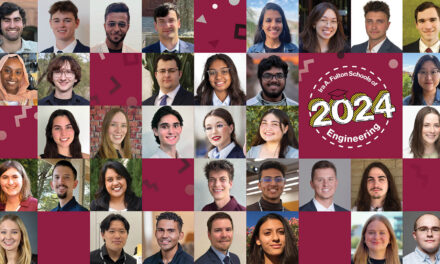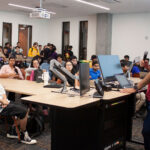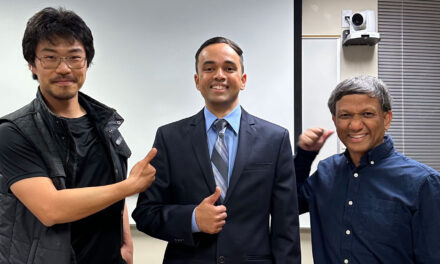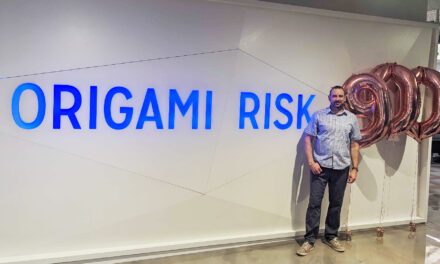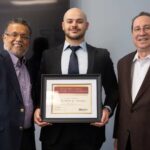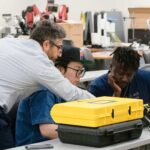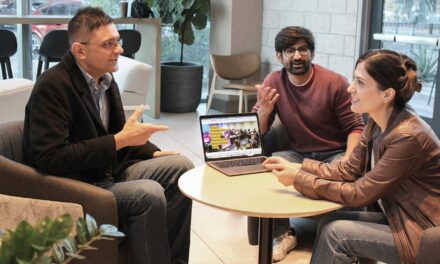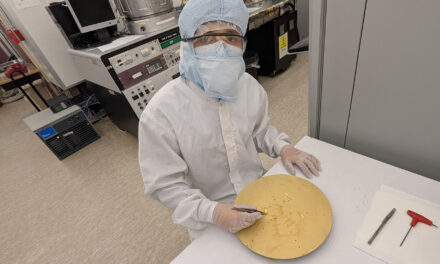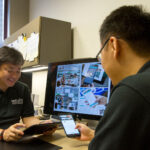
New science building designed to advance research, engage community
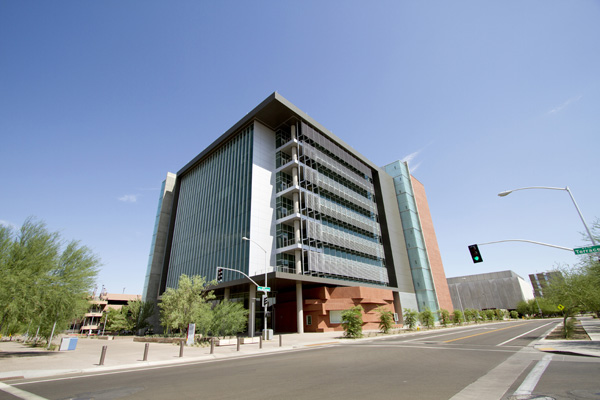
ASU’s newest science building – the Interdisciplinary Science and Technology Building IV (ISTB4), on the Tempe campus – is designed to advance research and discovery, and to encourage children to explore their futures as scientists and engineers. The building does this through a mixture of high-tech labs, interactive environments and open spaces that will allow the public to witness research and technology advancement as it happens.
The seven-story, 293,000-square-foot building provides flexible laboratories for Fulton Engineering and the School of Earth and Space Exploration and is home to the Office of Global Outreach and Extended Education.
Research at ISTB4 is reflective of our core research themes of energy, health, security, sustainability and education, with five main research centers and programs housed in the building.
Synthetic Biology: The synthetic biology group uses synthetic, systems, and quantitative biology to engineer, via modular design, useful gene and protein-based biological devices, and to deepen our understanding of molecular cell biology. We create biological devices primarily in human/mammalian cells, aimed at accelerating the pace of therapeutic technologies such as tissue regeneration and customizable protein-based drugs.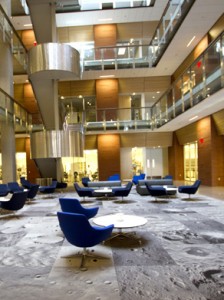
The Security and Defense Systems Initiative is addressing national and global security and defense challenges through an integrative, transdisciplinary, “whole system” approach that involves three key areas: technology solutions, law and policy issues, and root social causes. Fulton Engineering faculty are leading several thrust areas: biosecurity technology, advanced materials and material processing, and advanced RF, sensing and signal processing.
Center for Electrochemistry: Faculty in the Center for Electrochemistry bring expertise in surface/interface physics and thermodynamics, physical electrochemistry, thin-film growth and new paradigms in electrochemical energy devices to advance research and commercialization of renewable electrochemically-based energy storage and conversion devices.
Sustainable Water Initiative: The Sustainable Water Initiative aims to understand problems and develop sustainable technologies that improve water quality and availability for people, industry and ecosystems. Our faculty and students conduct research on a range of projects including potable and industrial water treatment, wastewater treatment and reuse, desalinization, groundwater remediation, water for biofuels applications and solutions to legacy pollution.


